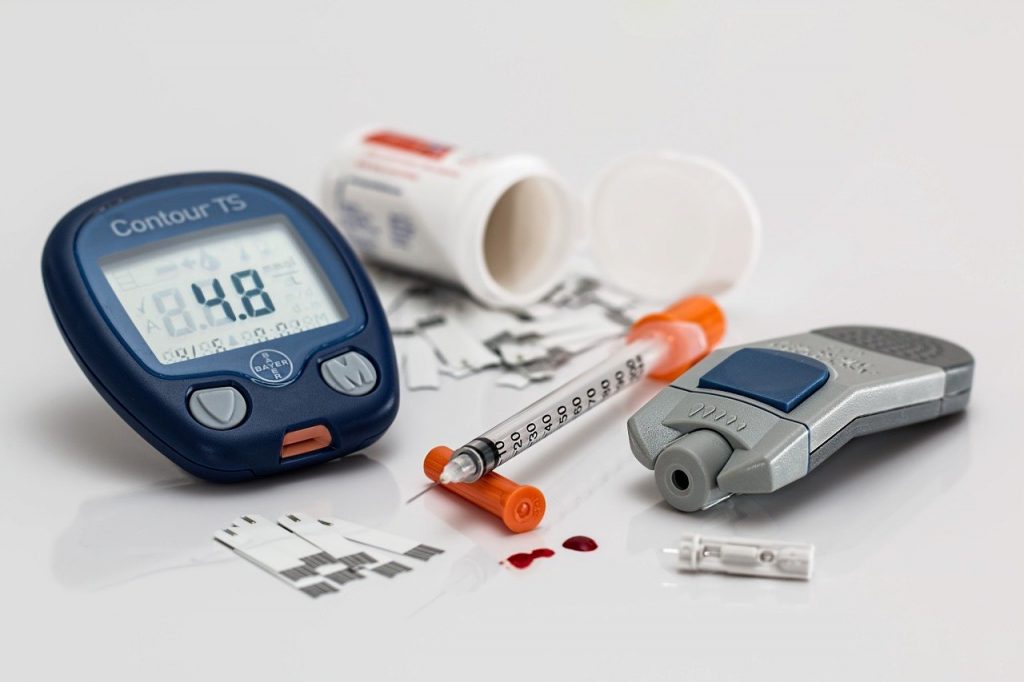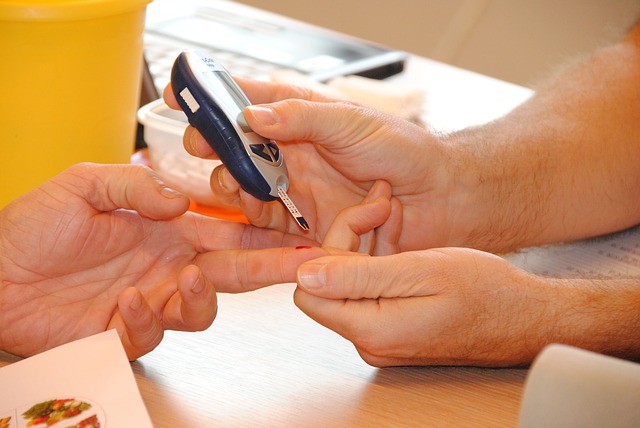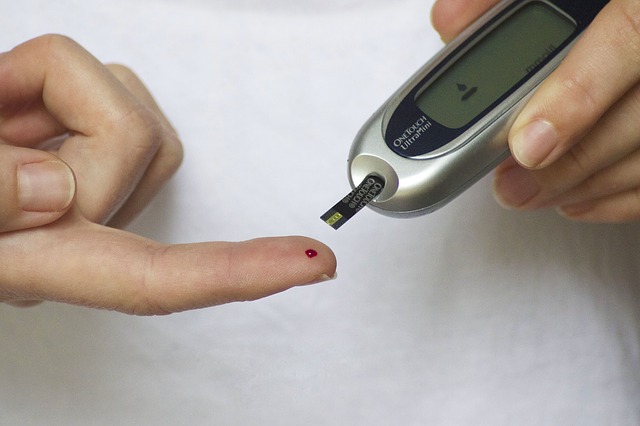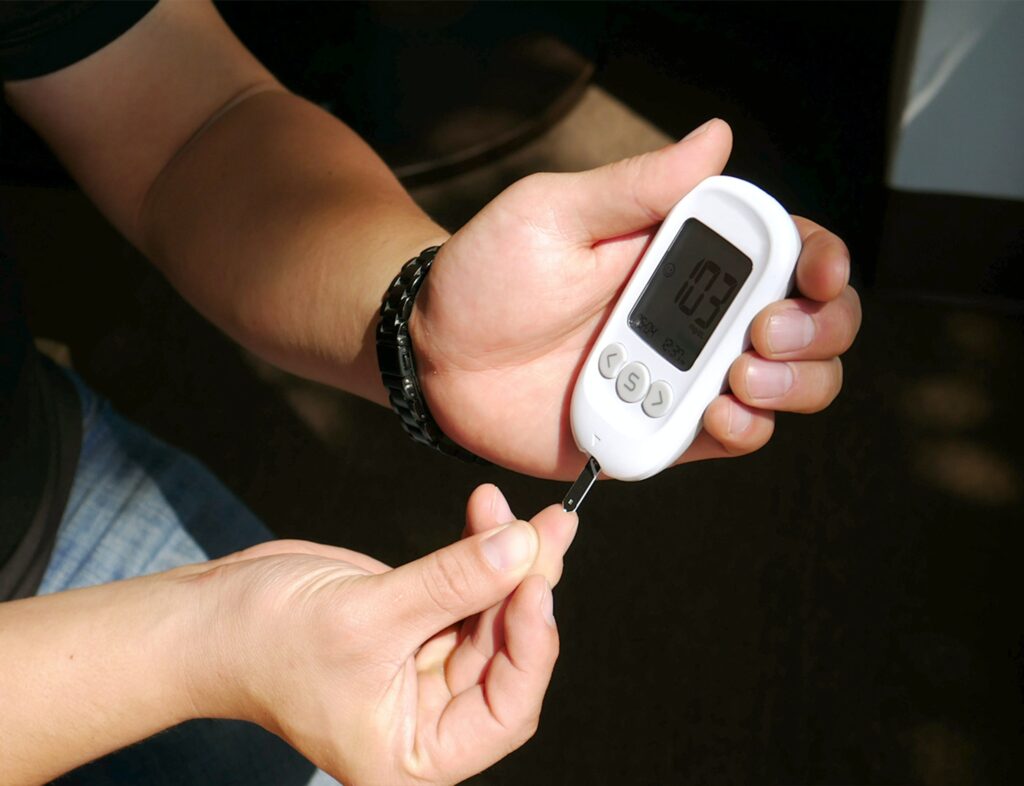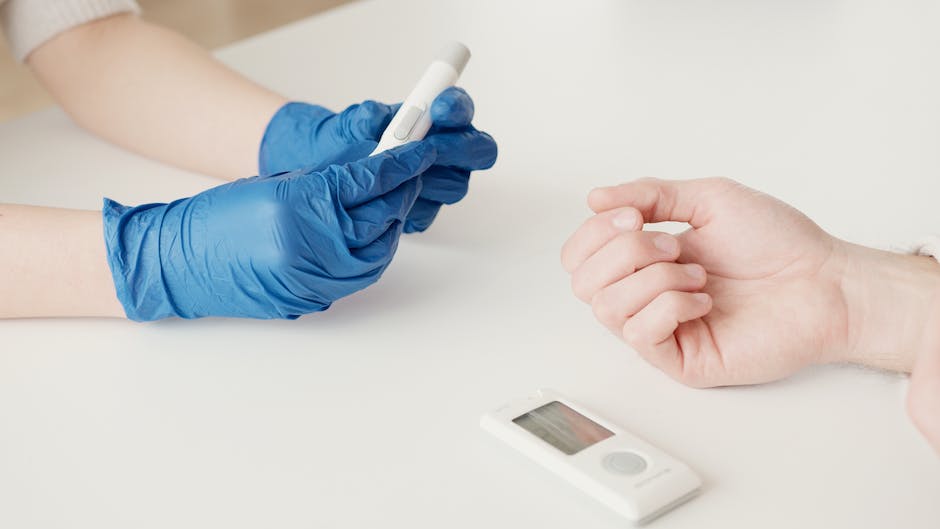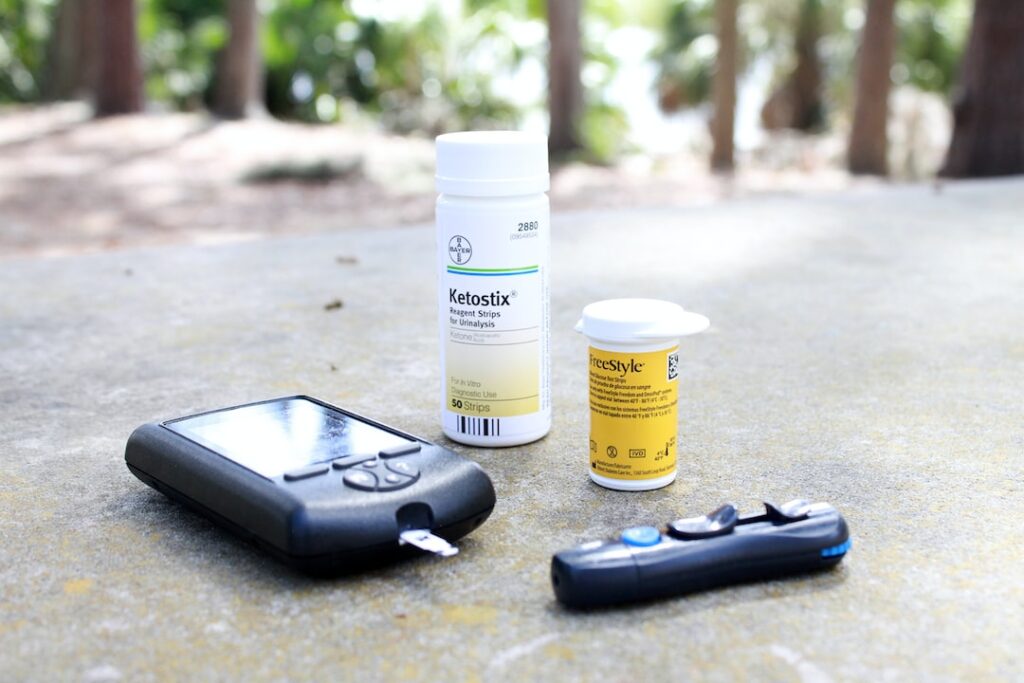Here at sellyourteststrips.com, this is one of our most asked questions. The answer is that YES, you can sell your diabetic test strips as long as you are the LEGAL OWNER of them.
Anyone can purchase test strips with or without a prescription; if you buy them yourself, you are free to sell them to us, should you choose to do so.
Over the Counter Test Strips
You can buy test strips over the counter at most major drug stores, pharmacies, and markets, and it is absolutely 100% legal to resell any over-the-counter products that you have purchased but no longer require.
Even if your boxes are marked “mail order only” or “not for retail” you can still sell them to us. Bear in mind though, that if your boxes were received from Medicare or Medicaid and have a red band at the bottom with “For the Use of Medicare/Medicaid Beneficiaries Only” these boxes CANNOT be resold.
Which Diabetic Test Strips Can I Legally Sell to You?
Here at sellyourteststrips.com, we have some rules and regulations that apply to the purchase of diabetic test strips. These are in place to protect sellers, as well as buyers, and to ensure that everyone stays on the right side of the law.
Here is some basic info on what we will buy from you; more details can be found elsewhere on our website.
We will offer you a great price for sealed 50 count or 100 count size boxes of the diabetic test strips from any of the following brands:
- Accu-Chek
- Bayer Contour
- All Lite Styles
- OneTouch
- TRUEMETRIX
They must be in sealed, undamaged boxes and minimum expiration dates vary.
We can only buy boxes that have been manufactured in the U.S. and have proof of this on the packaging.
Unfortunately, we CANNOT accept:
- Diabetic test strip brands that are NOT listed on our website.
- Small boxes of 10, 25 or 30 counts, but whenever possible we will donate them if you send them to us.
- Boxes labeled as “Medicare/Medicaid Beneficiary Use Only” are NOT accepted. Also, boxes labeled “Value Pack” or “Kaiser Permanente” cannot be purchased.
- Boxes with LESS than the minimum number of months to their expiration dated from the day we receive the package.
- Boxes determined to be damaged (these will simply be discarded).
- Generic or private label boxes of test strips.
Make Money from Your Unwanted Test Strips – Easily and Legally
Don’t throw money away by wasting unwanted diabetic test strips. Instead, simply package them up and send them on to us, for fast, efficient payment. We LEGALLY buy diabetic test strips that are no longer needed by the original owner.
We understand how difficult it can be to take care of your blood sugar levels when you are on a low income or not in receipt of medical insurance. That is why we offer a reliable, efficient and cost-effective service that provides diabetic test strips to those who are struggling to afford them.
If you have test strips that meet our criteria that you would like to sell, simply fill out our Instant Quote form today.
If you have extra, unopened, and unused boxes of diabetic test strips – whether you have switched brands, no longer need to test or test less frequently, or have a loved one who has passed away – don’t let them gather dust until they’ve expired and ended up in the trash. We’re the best place to sell diabetic test strips online, and if you want to sell your test strips, we’re here to make the process easy and enjoyable!


